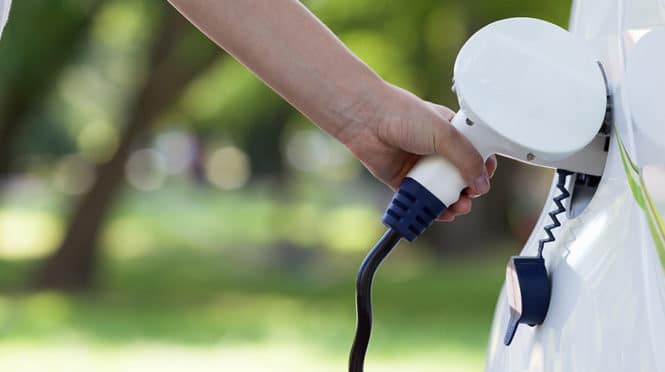
EV Regulatory update — ANSI expects towards end of march for when they ask for comments on roadmap. We sit in on 2 working groups for vantage point. On ADA from the US Access Board — In the fall Unified Agenda and at recent Board Meetings, the Access Board announced that they anticipate a Notice of Proposed Rulemaking (NPRM) for EVSE towards the end of this summer. Please see:
https://www.reginfo.gov/public/do/eAgendaViewRule?pubId=202210&RIN=3014-AA48
Last summer they published a technical assistance document (TAD) on EVSE. That resource is a compilation of the current ADA Accessibility Standards applicable to EVSE. That TAD is posted here:
https://www.access-board.gov/tad/ev/
Excerpt:
The U.S. Access Board, an independent federal agency that issues accessibility guidelines under the Americans with Disabilities Act (ADA), Architectural Barriers Act (ABA), Rehabilitation Act of 1973, and other laws, is providing a technical assistance document to assist in the design and construction of electric vehicle (EV) charging stations that are accessible to and usable by people with disabilities.
The ADA covers entities including state and local governments (Title II) and places of public accommodation and commercial facilities (Title III). Under the ADA, the Access Board issues minimum scoping and technical requirements. Other federal agencies with enforcement responsibility under the ADA, such as the Department of Transportation (DOT) and the Department of Justice (DOJ), adopt enforceable standards that must provide at least the same level of accessibility as the guidelines issued by the Access Board. Additional requirements under Section 504 of the Rehabilitation Act and ADA regulations issued by DOJ and ADA regulations issued by DOT may be applicable, such as requirements for nondiscrimination in services, programs, and activities. For more information, visit the Access Board’s About the ADA page.
The ABA requires that buildings or facilities that were designed, built, or altered with federal dollars or leased by federal agencies be accessible. The ABA covers a wide range of facilities, including U.S. post offices, Veterans Affairs medical facilities, national parks, Social Security Administration offices, federal office buildings, U.S. courthouses, and federal prisons. It also applies to certain non-government facilities constructed with federal funds, such as funds made available under the National Electric Vehicle Infrastructure Program. For more information, visit the Access Board’s About the ABA page.
The ADA and ABA Accessibility Standards include many requirements applicable to electric vehicle charging stations, among which are provisions regarding access to sites, facilities, buildings, and elements, as well as specific requirements for operable parts and accessible routes. Even absent a specific reference to EV charging stations in the ADA and ABA Standards, regulated entities must still ensure that they are accessible to and usable by individuals with disabilities.
Some EV chargers also have user interfaces and payment systems that would be considered information and communication technology (ICT). Section 508 of the Rehabilitation Act requires individuals with disabilities have access to and use of ICT provided by the Federal government. The law applies to all Federal agencies when they develop, procure, maintain, or use ICT. Federal agencies must ensure that any ICT that is part of an EV charger is accessible to employees and members of the public with disabilities to the extent it does not pose an “undue burden.”
In this technical assistance document, the Access Board uses the terms “must” or “required” with reference to the applicable ADA, ABA, and Section 508 Standards with which entities must comply. The words “should” or “recommends” refer to additional recommendations for accessible EV charging stations. Recommendations are not legally binding on any regulated entity but are provided as technical assistance to help regulated entities design and install EV charging stations that are accessible to and usable by people with disabilities.
More Posts
- EV Charging Standards Update(Opens in a new browser tab)
- EV Standards – Federal Register(Opens in a new browser tab)
- EV Standards – Accessibility Guidelines Electric Vehicle Charging Stations(Opens in a new browser tab)
- EV Charging Design Specifications by U.S. Access Board(Opens in a new browser tab)